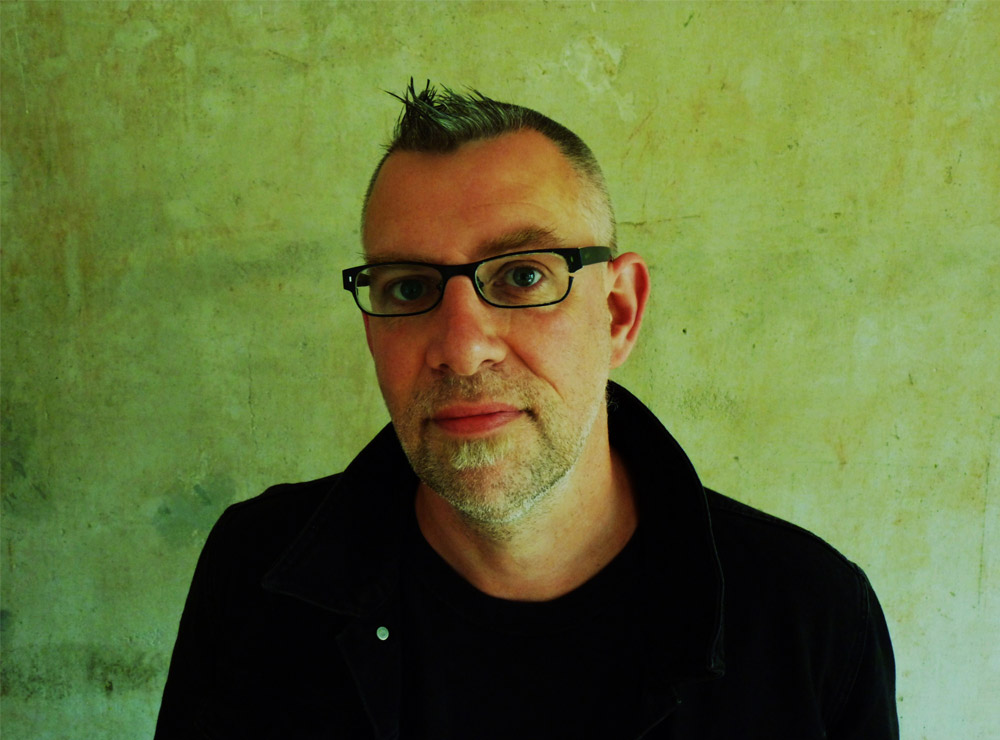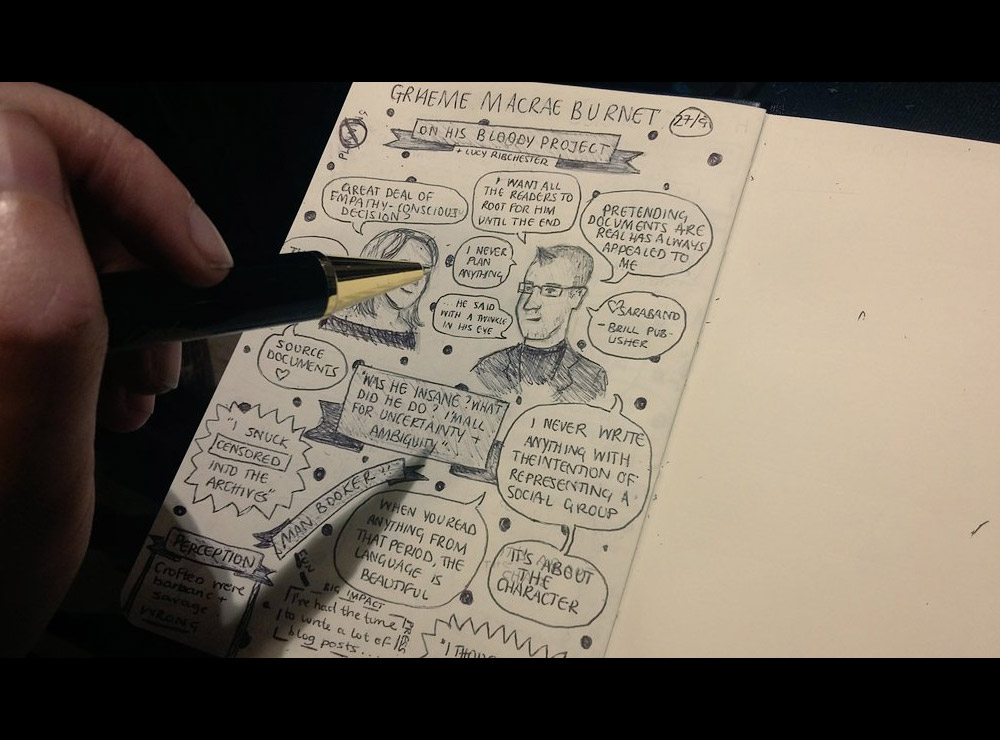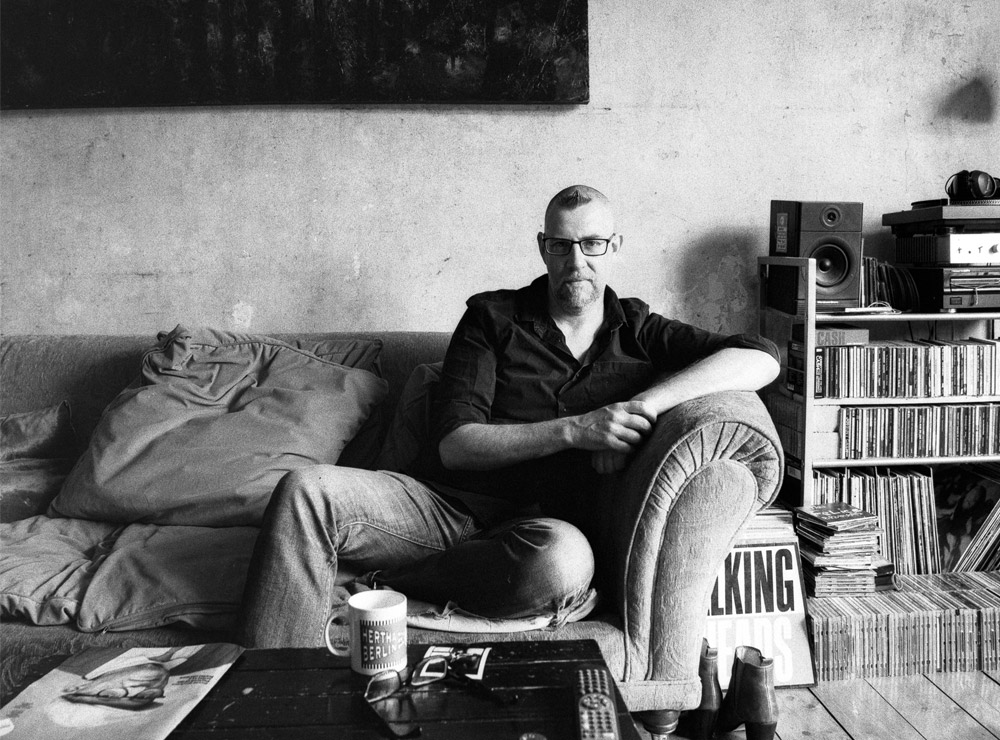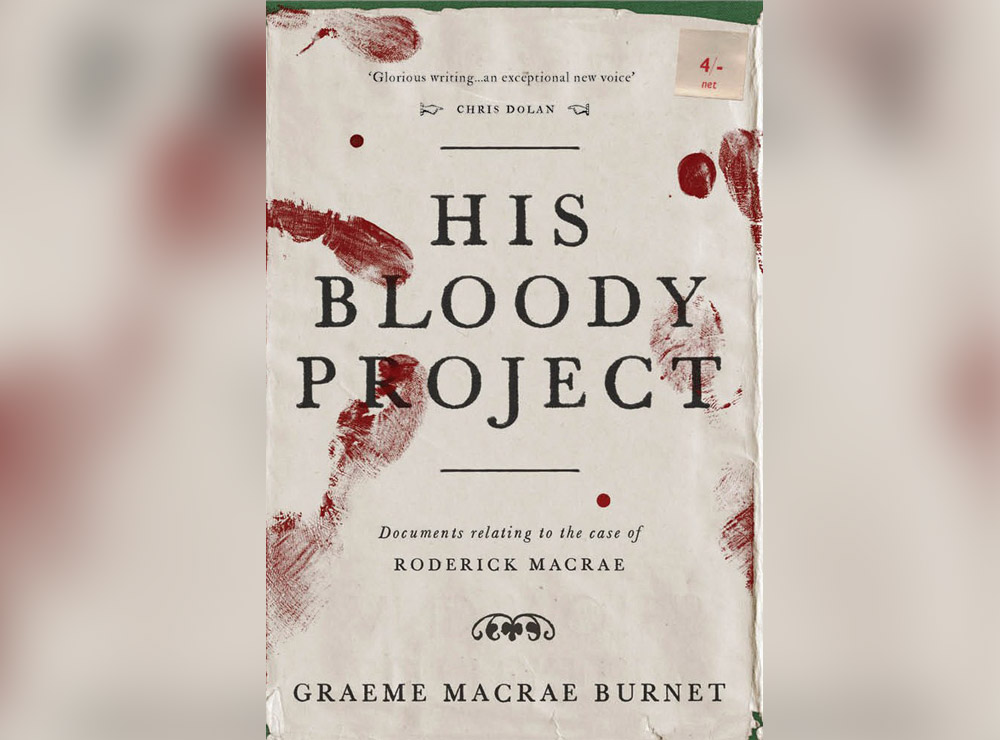Related Writers
Literature organisations
Discover more
Connections

News
What the ILS website can do for you
Favourites, Slack chat and being showcased

Beyond the page
The Narrative Designer
An interview with Tom Jubert about where games and literature intersect

Beyond the page
Digital Technologies, African Publishing
First delivered at Hay Festival Cartagena de Indias, 1 February 2016

Literacy, Education & Reading
Reading Lives
Reader, bestselling writer and literacy expert Cathy Rentzenbrink discusses the role of reading in her life




